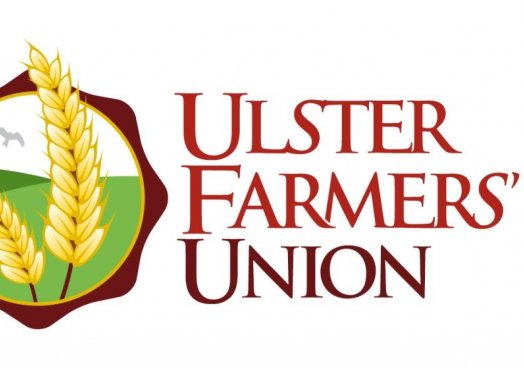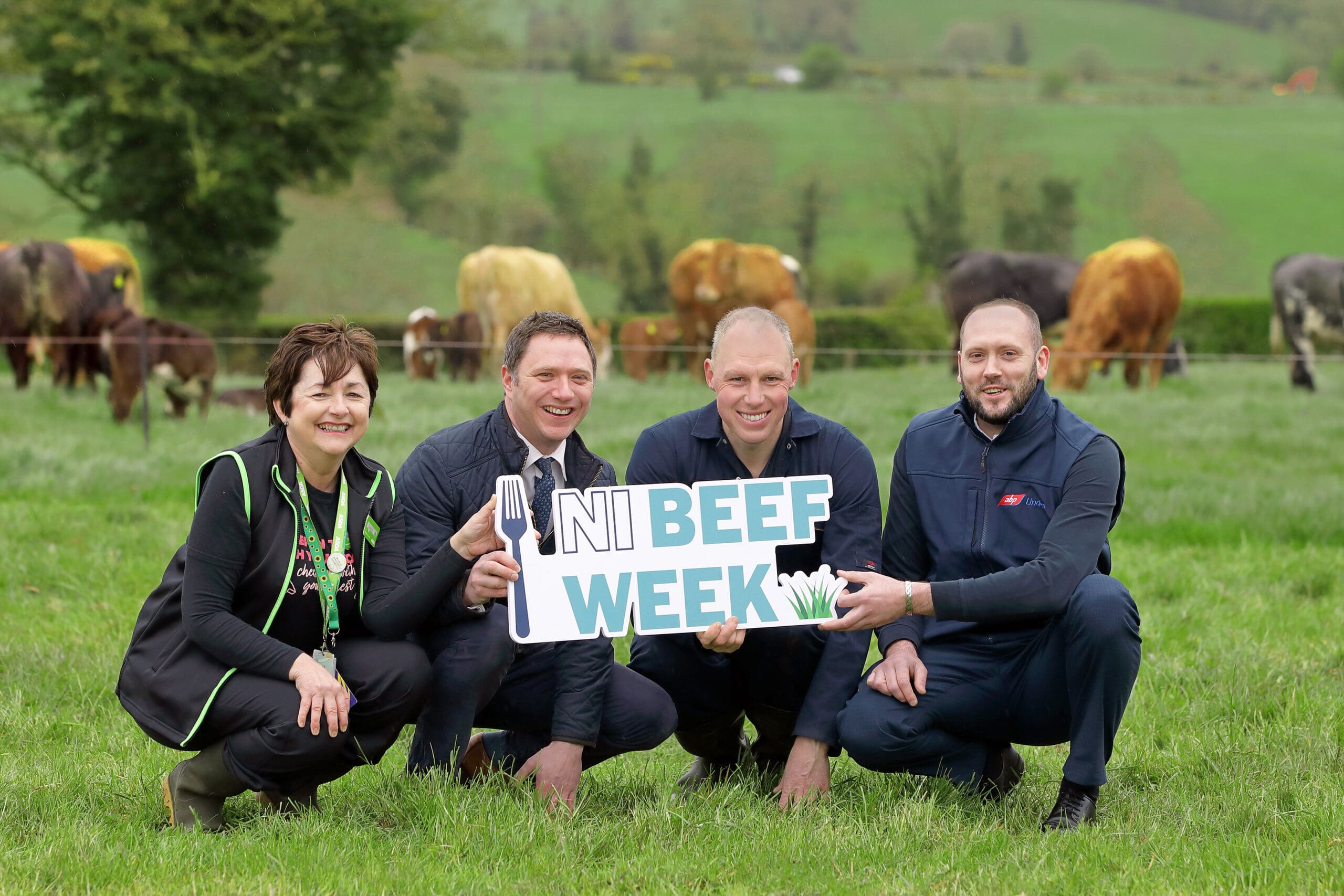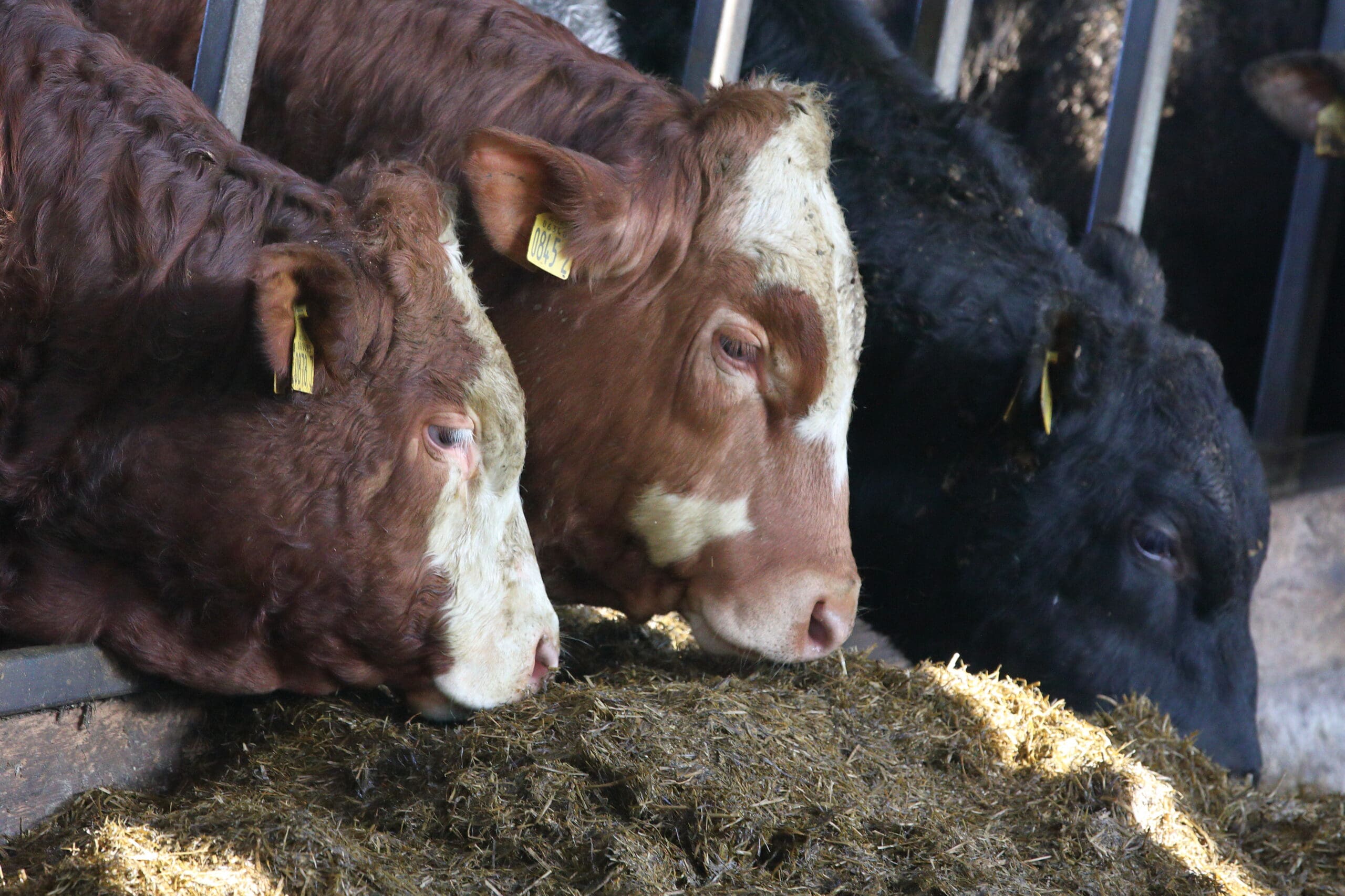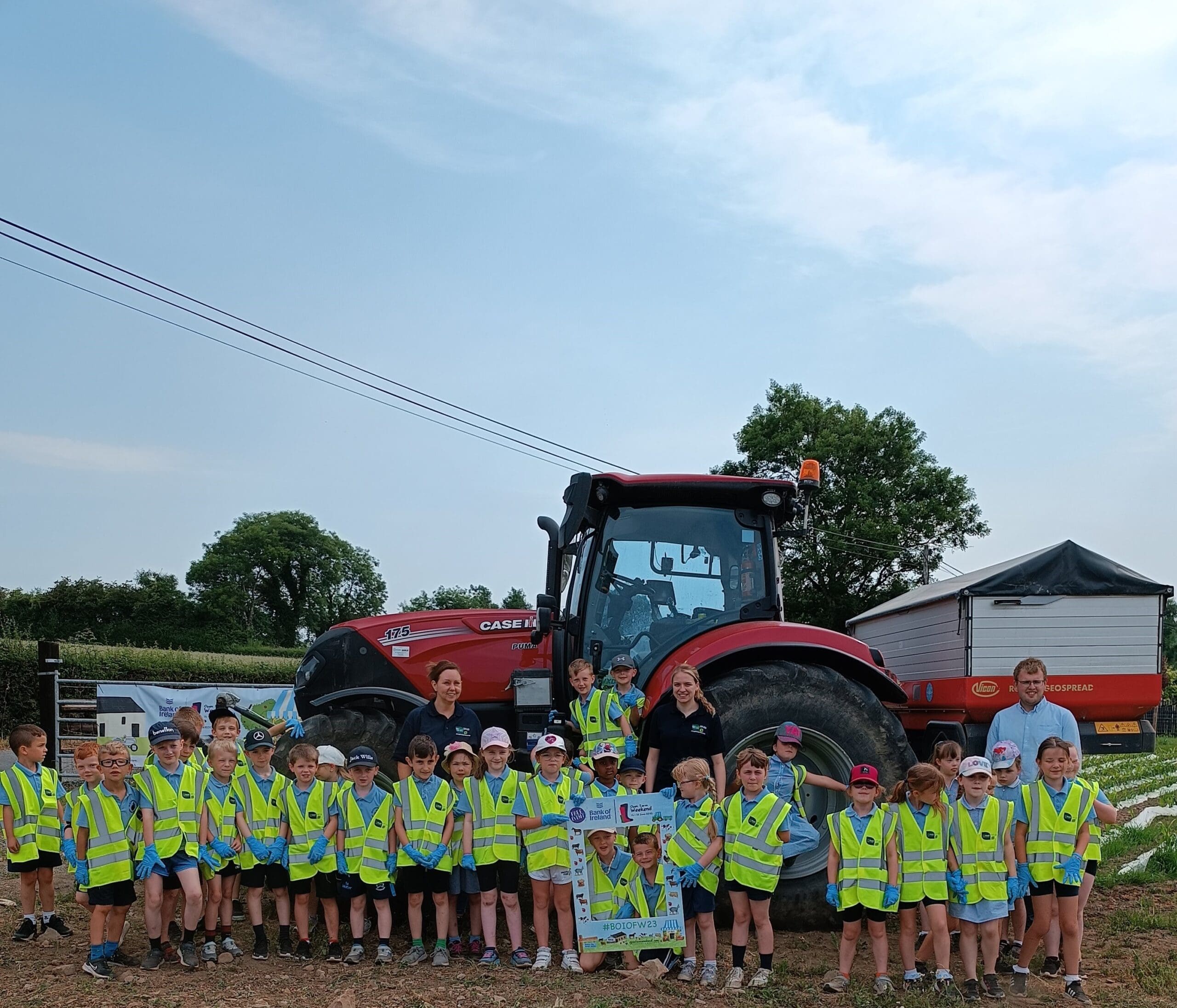
Commodity Watch
The latest (May 2014) Eurostat data has shown that renewable energy in the EU has grown rapidly in recent years, prompted by legally binding targets in the 2009 Renewable Energy Directive. The EU itself is on course to meet its 2020 targets of generating electricity from renewable sources, but many individual member states are falling short, including here in the UK. Closer inspection of the data shows that the share of electricity from renewables sources (in gross electricity consumption) in the UK for 2012 was 10.8%. The EU 28 average is 23.5% and this ranks the UK at 23rd out of 28.
Here in Northern Ireland, there has been a rush to embrace renewable electricity generation (wind, AD and Solar PV). Although the latter, whilst a success story in itself, is not relevant to this Commodity Watch as it is covered under a connection process known as G83.
NI landowners have been incentivised by lure of 4 ROCs and more importantly by the opportunity to utilise energy more efficiently on their farms. By facilitating the more efficient use of electricity on-farm would mean both financial and environmental savings.
However, getting connected to the local 11kV/33kV Grid has not proved easy and nigh on impossible for many landowners, meaning that despite the rush to generate electricity from renewables, many projects will never be completed.
Without wishing to go over old ground once again, the problem lies in the fact that there is inadequate capacity on the distribution network for small scale renewables and they are subsequently be issued with “conditional offers”. When they reach this situation, landowners do not know whether they will be able to connect despite already having spent significant money on pre-development costs, feasibility studies and planning fees.
This situation has been going on for nearly 2 years and the UFU have been working with NIE to relieve the quagmire without success.
Last week, our Rural Enterprise Chairman Gary Hawkes wrote to both NIE and the Utility Regulator requesting urgent meetings to discuss Conditional Offers and how NIE are dealing with them. We highlighted the magnitude of the problems and that should the Capacity problems be addressed, many of our members will be out of pocket financially and this will be an opportunity missed for many landowners wishing to improve on-farm energy efficiency.
Meanwhile the UFU are continuing to investigate micro-grid/storage solutions which, if rolled out throughout the country which could be an alternative option for many would-be small scale renewable generators. Only last week I attended the launch of the Coleraine Smart Grid Business Energy pilot Programme and this could prove to be an alternative method producing Renewable electricity and heat in the future.
Whilst time will tell if this alternative is a viable option, it does not detract from the current frustrating and unacceptable situation in relation to Condition Offers. The UFU are awaiting news of the Utility Regulators determination on “conditional offers” in Northern Ireland and we will decide what this means for small scale renewables in Northern Ireland. We will communicate the Utility Regulators final determination as soon as it is known.




